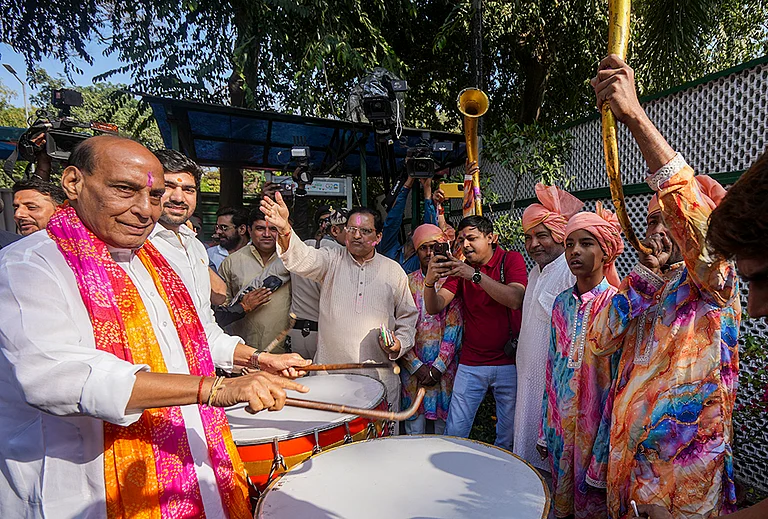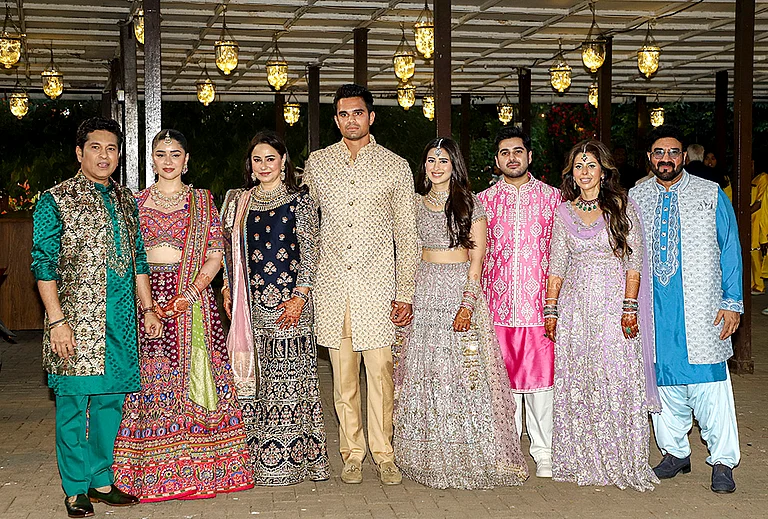Bhikkhu Wirathu, 46, is one of the most talked about figures in Myanmar. He is a monk in the New Maesoeyin Monastery in Mandalay. All journalists in Myanmar know what Wirathu stands for. However, liberals who want to see Myanmar emerge as an inclusive, pluralistic democracy shy away from him, politely turning down requests by foreign journalists to help interview Wirathu, the spiritual leader of the 969 movement. Wirathu claims his movement is intended only to safeguard Buddhism and Buddhists in the country. His campaign and sermons have been gaining popularity in other parts of the country. But many others, particularly Myanmarese Muslims, see his nationalist movement as a hate campaign against not only Rohingyas but against all Muslims, and say it plays a key role in creating the climate for the country’s anti-Muslim riots. This has not only led sections in the media, particularly the western media, to describe him as the ‘Burmese bin Laden’ but also to raise serious concern about the rise of militant Buddhists in Myanmar and elsewhere in the region. The Bodh Gaya attack on July 7, some felt, was in response to what was happening to Muslims in Myanmar, an angle that Indian investigators are seriously looking into. Yangon-based journalist Eaint Thiri Thu interviewed Wirathu on behalf of Outlook. Excerpts:
What is your 969 campaign all about?
It’s all about protecting our religion and race.
The campaign talks about a Myanmar where Muslims almost have no place. Or do they?
No, you cannot look at it like that. The campaign is mainly to build our own fences and to protect our race and religion from outsiders. It is similar to Gandhi’s call for a boycott of foreign products.
There are a number of reasons. The Arakan state has been violated by outsiders several times. Muslims in Myanmar are trying to intimidate and create problems for Buddhists. Local Buddhists now attempt to resist those attacks.
Should Rohingyas be treated as nationals and enjoy citizens’ rights?
I am willing to accept them not only as citizens but also support them in getting other rights if they live peacefully, like Indian Hindus do. If they do not create problems, they should enjoy all rights.
You’ve been pushing for ‘safeguarding the National Identity Law’ that proposes a ban on inter-faith marriages, and prevents Rohingyas from having more than two children. What other curbs should be placed on them?
The answer depends on the government; the authorities would have to decide if any further curbs are required.
Should these curbs be extended to all Myanmarese Muslims?
That too will depend on the government.
Are Muslims a threat to the country’s security and sovereignty; do you see them encroaching on Buddhists’ rights?
Those believing in jehad and extremism under foreign influence are a threat to Myanmar’s security. They’re destroying our religion; they’re trying to swallow up our race through cross-marriage. Though they live here, they’re doing nothing good for Myanmar.
How does the 969 movement propose to bring an end to the ongoing violence?
By means of the 969 movement, we can build our fence firmly and protect our race and religion. Then, we can’t be violated and attacked by them. But from our side too, we don’t need to respond against them by resorting to unlawful means.
How do you justify violence in the name of the Buddha?
There are no provisions for violence and revenge in any religion. If a religion provides such things, it cannot be treated and respected as a religion.
I am sure they did it. They are trying to take over Myanmar by violent means, like what they tried in Southern Thailand. Unrest in Myanmar is almost over, peace is returning to the country, but extremist forces are trying to use the clashes in Myanmar to justify violent activities elsewhere, like they did in Bodh Gaya.
Tension between Buddhists and Muslims has also been reported from Sri Lanka, Thailand, Bangladesh and elsewhere. Do you think Indian Buddhists should be careful?
Sure. Not only Buddhist but other religions should also be careful. They all are in danger.
Can India get caught in the flames emanating from Myanmar?
The ongoing clashes in Myanmar stem from the actions of those hungry for blood and revenge. They use Myanmar’s name to cover their threat, justify their action.
Where did your epithet the ‘Burmese bin Laden’ come from? How do you react to it?
From Muslims posting views online. People in Myanmar call me by my real name, Wirathu.





















